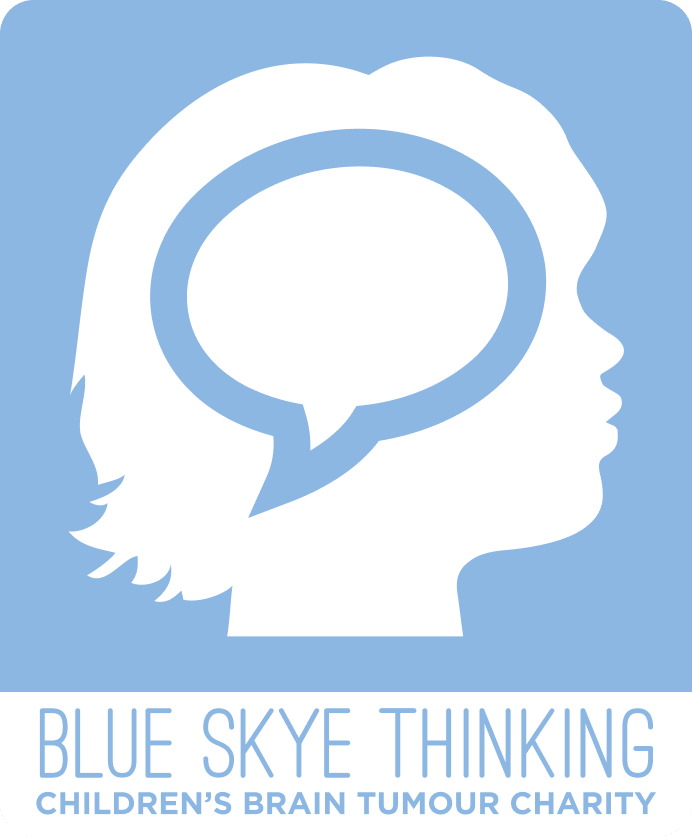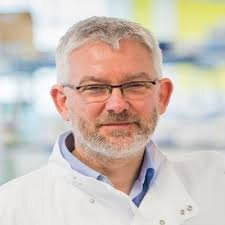Instinct-MB
“This research will lead to new personalised or patient-centred therapies with increased survival and lower therapy-associated late effects.”
Prof. Steve Clifford
Official title: Instinct-MB
Lead researcher: Professor Steve Clifford
Where: Northern Institute for Cancer Research, Newcastle
When: From 2021
Cost: £700,000
What is it?
New research targeting high-grade childhood brain tumours.
The INSTINCT-MB research project, led by Newcastle University, will aim to develop better and more effective treatments for medulloblastoma, a disease which results in approximately 30% of childhood sufferers dying. High-risk paediatric brain tumours are the leading cause of childhood cancer death. Whilst many advances have been made in treating the most common childhood brain tumours, current treatments still fail in a proportion of cases. Sadly, many children who do survive brain tumours are often left with severe, life-limiting disabilities as a result of the tumour and the aggressive treatments that are needed to save their lives.
Blue Skye Thinking, alongside charity co-funders Children with Cancer UK and Little Hero have announced their funding for a new landmark research programme with the aim of combating medulloblastoma (MB), the most common high-grade brain tumour in children.
Led by Professor Steve Clifford from Newcastle University Centre for Cancer, the research project will aim to identify and develop effective treatments against Group 3 medulloblastoma, combining different drugs alongside CAR-T cell therapies. The research project will be supported by the INSTINCT research network with UCL Institute of Child Health and The Institute of Cancer Research.

